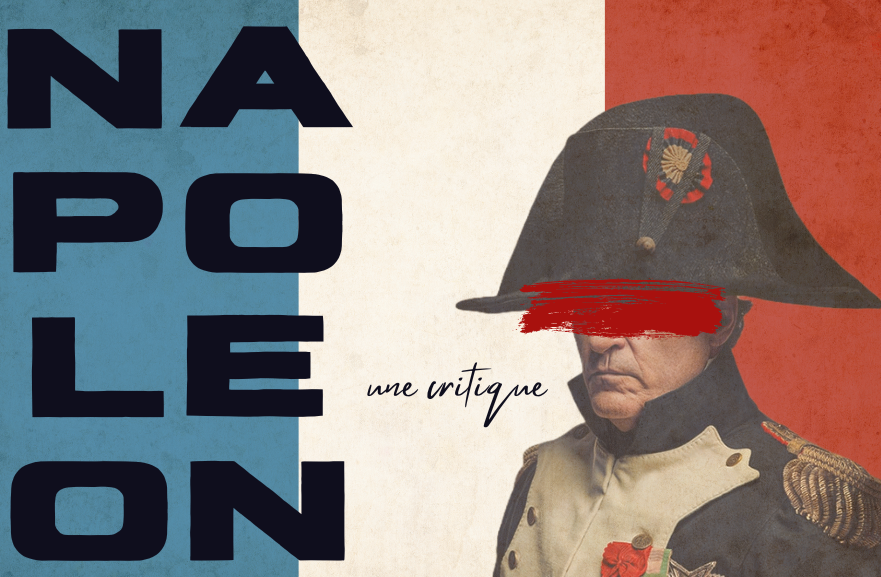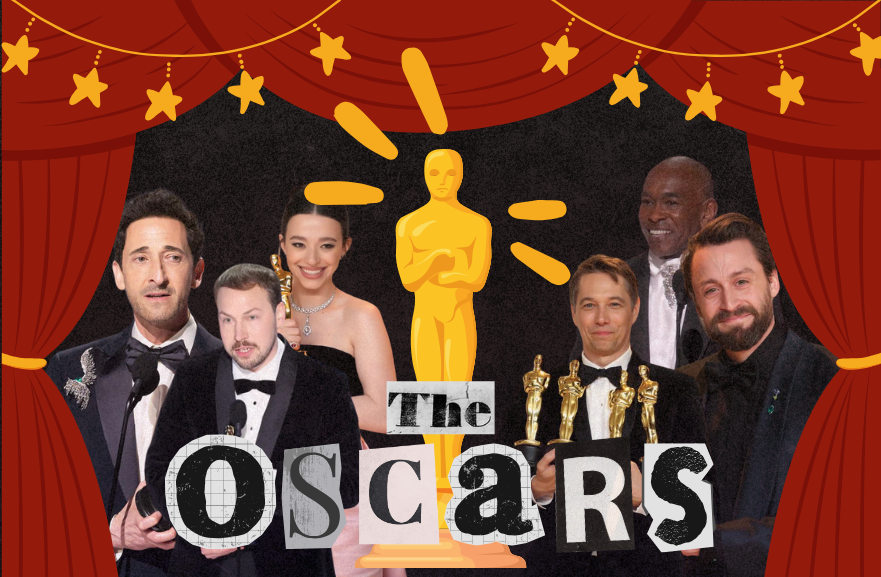This is a spoiler-free review.
In a seemingly endless rotation of mediocre biopics, Ridley Scott’s “Napoleon” is no different. It might be worse.
The movie opens with a paragraph of text on the screen to explain the context, which might have worked for “Star Wars,” but here, it adds absolutely nothing. After all, anyone who willingly goes to see a movie about Napoleon is, at the very least, aware the French Revolution happened. This pointless inclusion was followed by an excruciatingly long sequence of Marie Antoinette’s beheading, which works only to confuse the audience on who the film is actually about. Finally, the camera pans over to a 6 foot 1 inch Joaquin Phoenix, a man who is far too tall and far too American to be playing the famously short and famously French Napoleon Bonaparte.
The issues do not end there.
Following this mess of an introduction, the audience is introduced to a flurry of Frenchmen who all have inexplicably English accents. This would be fine if it weren’t for the fact that the English characters also have English accents, the Russians and Austrians get vaguely European dialects, and Napoleon has an American drawl. At one point, a single conversation takes place in Austrian with English subtitles when no other characters previously had issues communicating in English!
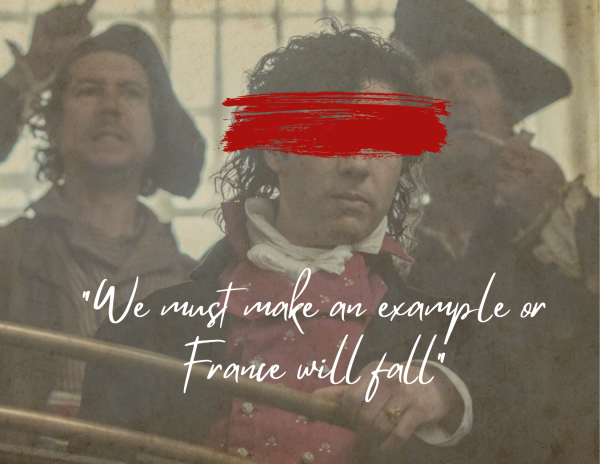
French-Algerian actor Tahar Rahim, playing politician Paul Barras, is a stand-out performance. His tolerance of Napoleon is good fun, and his constant annoyance is written across his face in every scene. It was a joy to spot him in the background of scenes just reacting to things, and when he properly had the spotlight, he was excellent.
Rahim would have been closer to a Napoleon type, for one, he’s French, two, he’s closer to the right height, and three, he shows that he can play a power-hungry government figurehead through his portrayal of Barras. It was a shame that Barras was introduced early, but felt sidelined after the first half an hour.
“Napoleon” suffers from wanting to have a big name—Joaquin Phoenix—as the titular character without considering whether or not he’s the best choice. It would have been better to feature a cast of French people in the first place; there would have been an audience for a completely French (and subtitled) version of Napoleon’s story.
Venessa Kirby as Josephine—Napoleon’s wife—is also excellent. Although Napoleon and Josephine’s relationship isn’t exactly loveless, it is strained, and Kirby captures this oddity very well. She is simultaneously the most sympathetic character in the film and an absolute force of nature. The power she exerts over Napoleon is devilish, yes, but incredible nonetheless, and the audience can’t help but root for her in a movie about her husband.
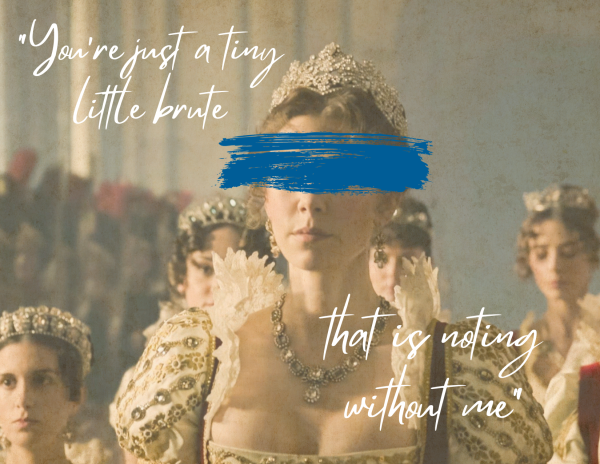
As Napoleon himself, Phoenix seems a bit lost throughout the movie and fails to sell the increasingly absurd and awkward ways by which the French leader gained power. Despite his story being the entire point of the film, he still manages to feel like a passive observer of the events. Things simply happen to Napoleon for no rhyme or reason, and Phoenix’s performance reflects that; he doesn’t do much beyond looking grumpy and playing with his hat.
So much happens in this movie, even though it seems to crawl along at a snail’s pace. Clocking in at two hours and forty minutes, “Napoleon” is just too long without being exciting enough to justify its length. The battle scenes are impressive in scale, but by the final Battle of Waterloo, the audience is completely desensitized to warfare, and its significance is completely lost. Only so much violence can be tolerated before one starts to question the morality of everyone involved, which admittedly is an interesting idea to explore. But Scott seemed content to address the philosophical quandary solely at a surface level.
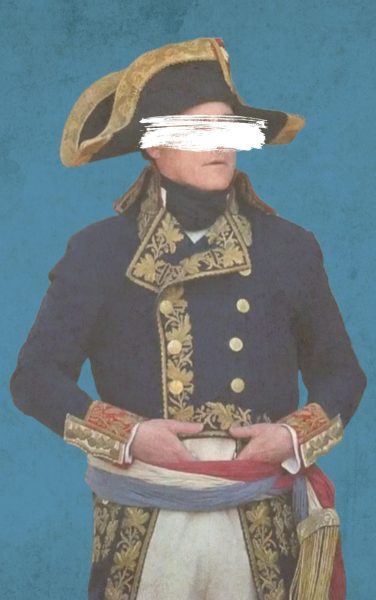
The best part of “Napoleon” isn’t the acting, it isn’t Joaquin Phoenix, nor was it the historically accurate battle sequences. No, it was the costume design done by Oscar-winner Janty Yates. Yates approached the mammoth task of recreating historical garments by visiting the Napoleon Museum and replicating outfits worn by Napoleon Bonaparte. Yates’s work pays off incredibly well, and where the plot and dialogue fail to be compelling, the costumes are captivating and detailed in their own right.
“Napoleon” didn’t know what it wanted to be: a dark comedy one moment, a tragic love story another minute, and a historical battle reenactment sequence the next. There are funny moments, yes, but without a consistent genre, it creates an atmosphere in which the audience doesn’t know when it’s appropriate to laugh. However, the absurdity of Napoleon’s journey to become king of France and his eventual downfall lends itself to humor, and when it’s funny, it’s borderline hilarious.
Whilst not completely terrible, “Napoleon” is a good example of what’s wrong with the biopic genre as a whole right now. They want to be so much and say so much, but end up being a halfhearted attempt at telling a story without adding anything new.


